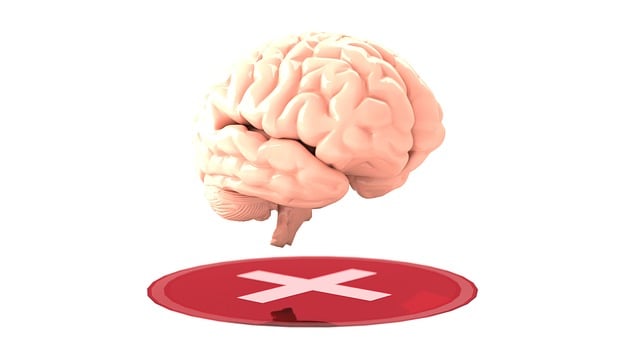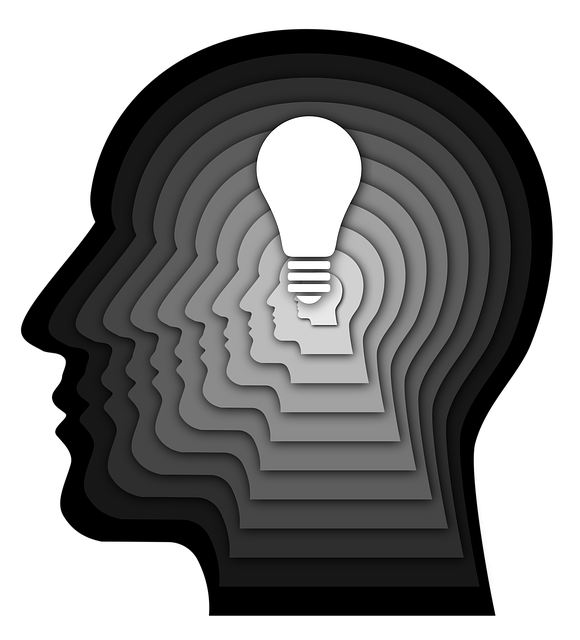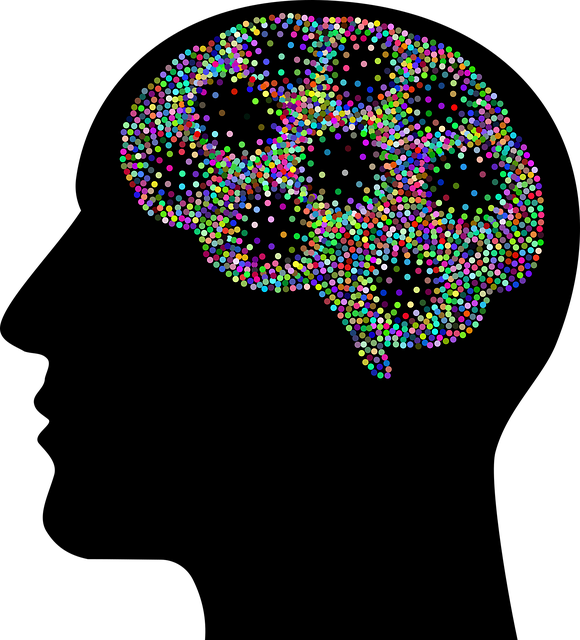Mental wellness involves emotional, psychological, and social aspects, where journaling, as encouraged by Wheat Ridge Parenting Skills Therapy, serves as a powerful therapeutic tool. By setting up an accessible journal in a dedicated space, individuals can introspect, track moods, practice gratitude, and reflect on personal growth through structured prompts. Regular journaling enhances self-awareness, emotional regulation, and coping mechanisms, aiding in stress management and fostering resilience for better mental well-being. Therapists at Wheat Ridge Parenting Skills Therapy guide clients to use journaling as a crisis intervention method and mindfulness cultivator, promoting informed decision-making in managing challenges and personal growth.
Mental wellness journaling is a powerful tool for self-reflection and growth. In today’s fast-paced world, finding moments of calm and clarity can be challenging, but dedicated journal practices offer a sanctuary. This article explores how mental wellness impacts journaling, providing guidance on setting up your space and engaging in effective exercises. We delve into the integration of journaling at Wheat Ridge Parenting Skills Therapy, showcasing its role in fostering daily routines that enhance mental well-being.
- Understanding Mental Wellness and its Impact on Journaling
- Setting Up Your Journal for Maximum Benefits
- Engaging in Effective Journaling Exercises
- Integrating Journaling into Daily Routines at Wheat Ridge Parenting Skills Therapy
Understanding Mental Wellness and its Impact on Journaling

Mental wellness is a holistic concept encompassing emotional, psychological, and social well-being. It’s about understanding and managing one’s thoughts, feelings, and behaviors to lead a fulfilling life. For many individuals, particularly those seeking support through Wheat Ridge Parenting Skills Therapy or other therapeutic interventions, journaling becomes a powerful tool in navigating mental health journeys.
Journaling allows for introspection, self-reflection, and processing of emotions, all of which are crucial aspects of mental wellness management. By putting pen to paper (or fingers to keyboard), individuals can gain insights into their thought patterns, identify triggers for stress or anxiety, and track progress over time. This practice fosters inner strength development by encouraging self-awareness, emotional regulation, and coping mechanism exploration. Moreover, regular journaling can significantly contribute to mood management strategies, helping individuals cultivate resilience and a more positive outlook on life.
Setting Up Your Journal for Maximum Benefits

Setting up your journal right can significantly enhance its therapeutic effect. Start by choosing a space where you feel comfortable and safe to express yourself openly. This could be a quiet corner of your home, away from distractions. Select a journal that resonates with you—it could be decorative or minimalist, bound or loose-leaf, digital or physical, whatever aligns best with your preferences and writing style. Ensure it’s easily accessible so you’re encouraged to write regularly.
Consider incorporating specific sections for different aspects of mental wellness. For instance, dedicate pages for tracking moods, gratitude practices, self-care goals, and reflections on therapeutic exercises. Incorporate prompts or questions tailored to Stress Reduction Methods and Self-Care Practices, like “What activities make me feel calm?” or “In what ways can I nurture myself today?” Utilizing these strategies, as guided by Wheat Ridge Parenting Skills Therapy, can help transform your journaling practice into a powerful Mental Wellness Journaling Exercise Guidance tool.
Engaging in Effective Journaling Exercises

Engaging in effective journaling exercises can be a powerful tool for mental wellness, especially when guided by experienced therapists like those at Wheat Ridge Parenting Skills Therapy. By dedicating time to reflect and write down thoughts, feelings, and experiences, individuals can begin to understand their emotional healing processes better. Journaling allows one to process complex emotions, recall significant memories, and gain insights into personal growth journeys.
Through structured journaling prompts, clients can explore various aspects of their lives, including relationships, challenges, and successes. This practice facilitates the development of conflict resolution techniques by encouraging self-awareness and promoting healthier ways of responding to stressors. Moreover, consistent journaling provides a safe space for expressing oneself without judgment, making it an excellent complement to trauma support services.
Integrating Journaling into Daily Routines at Wheat Ridge Parenting Skills Therapy

At Wheat Ridge Parenting Skills Therapy, we recognize the profound impact that consistent self-reflection can have on one’s mental wellness. Integrating journaling into daily routines is a powerful tool for individuals seeking Crisis Intervention Guidance and looking to cultivate mindfulness. Our therapists encourage clients to embrace this practice as a means of processing emotions, gaining insights, and fostering personal growth.
By dedicating just a few minutes each day to writing down thoughts and experiences, individuals can enhance their awareness of mental health patterns. This simple yet effective exercise allows for the exploration of feelings, memories, and triggers, ultimately enabling more informed decision-making in managing stress and challenging situations. Whether it’s incorporating Mindfulness Meditation techniques or simply free-writing, Wheat Ridge Parenting Skills Therapy provides tailored guidance to help individuals make journaling a sustainable part of their self-care routine.
Mental wellness journaling can be a powerful tool for self-reflection and growth, as demonstrated by its successful integration into practices like those offered at Wheat Ridge Parenting Skills Therapy. By understanding the impact of mental wellness on our thoughts and emotions, we can tailor our journaling exercises to foster positive changes. Setting up a dedicated space and using varied prompts encourages consistent engagement, while integrating journaling into daily routines ensures its lasting benefits. Through regular practice, individuals can enhance their mental resilience, improve emotional regulation, and ultimately lead more fulfilling lives.











